Food Expressions We Use All The Time
Food-related phrases, idioms, and expressions are rich in everyday language, often adding color and flavor to our conversations. Many of these sayings have roots in cultural history, kitchen practices, or even farming traditions, and they’ve evolved to represent more than their literal meanings.
From “bringing home the bacon” to “a piece of cake,” these food-inspired phrases reflect universal experiences of eating, cooking, and sharing meals, making them relatable across languages and cultures. This blog post will explore the meanings behind some of the most common food-related idioms and colloquialisms used in everyday conversation.
Whether you’ve ever wondered why we say someone is “full of beans” or what it means to be in “a pickle,” we’ve got the answers. These expressions add personality to language and reveal fascinating insights into how food and communication are intertwined. By understanding their origins and meanings, you can appreciate the humor, wisdom, and cultural significance they bring to our daily dialogues.
So, let’s dive into the world of food idioms and uncover how these expressions have become part of our linguistic diet.
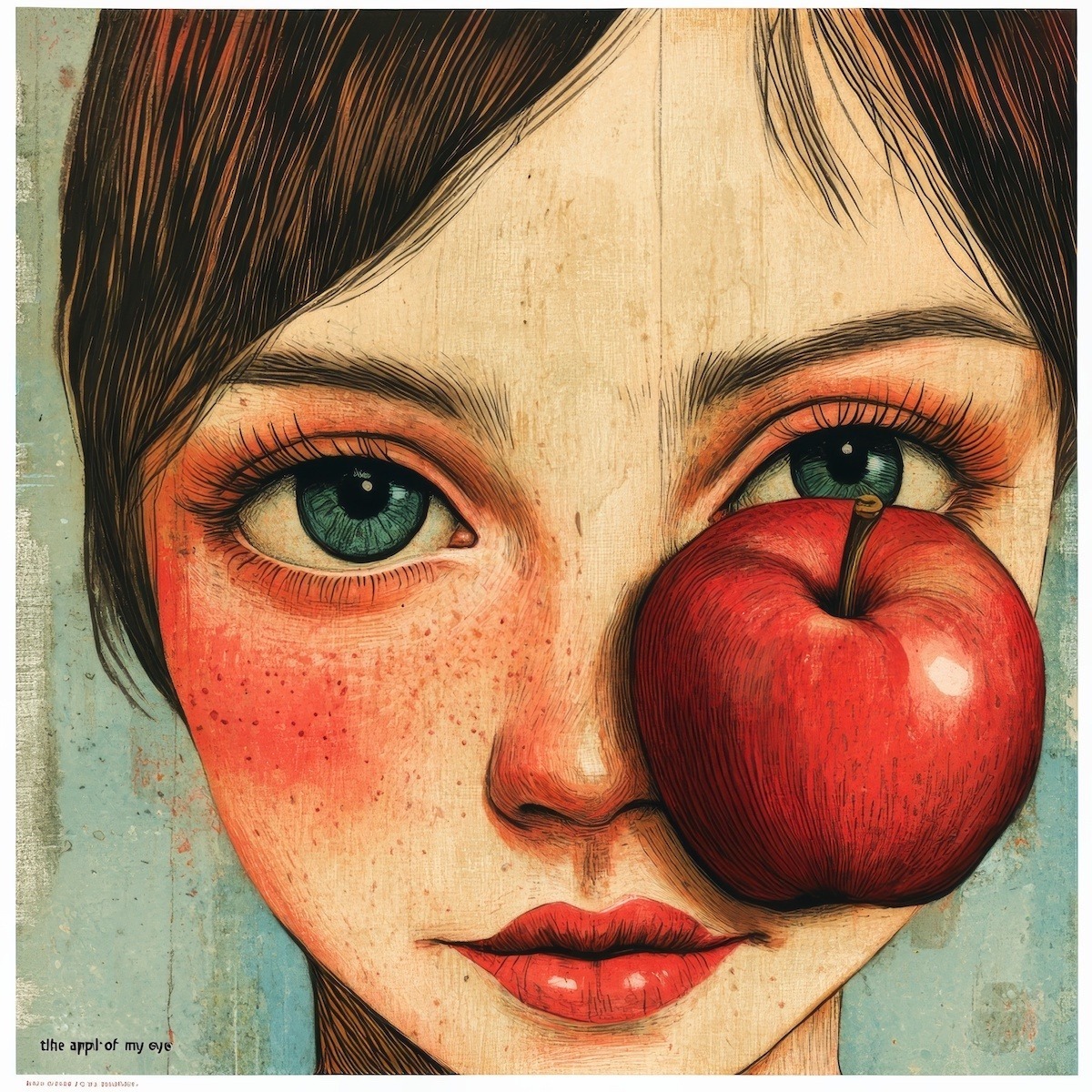 Apple of My Eye
Apple of My Eye
This expression means someone so precious to you that they rival your ability to see.
Way back when, people fallaciously believed that the eye’s pupil was a solid object and, therefore, referred to it as an apple. William Shakespeare used the phrase with this implied meaning in his play, A Midsummer Night’s Dream, saying, “Flower of this purple dye, Hit with Cupid’s archery, Sink in the apple of his eye.”
The first use of the saying in Old English Is attributed to King Aelfred of Wessex in “Gregory’s Pastoral Care.” Its first usage in the modern English language is in Sir Walter Scott’s Old Mortality of 1816.
The word pupil comes from the Latin word pupilla, a diminutive form of the word pupus (“boy”) or pupa (“girl”) and was applied to the dark pigmented-center of the eye because of the tiny reflect image of the self one sees when looking deep into another’s eyes.
Egg Someone On
This is one of those idioms where you think the etymology is obvious, but it actually surprises you.
You might be shocked to hear that this phrase has nothing to do with eggs. You may have thought that this expression means that people are being spurred on to do something for fear of being pelted with an egg. However, the egg in this expression is a verb meaning “to goad” or “to incite,” which is derived from the Old Norse (Old Germanic dialect) word eggia.
The word is related to the Old English word ecg, meaning “an edge.” It is also related to the Middle Low German eggen, meaning “to harrow.” Therefore, this may suggest that someone is “egged” on in fear of being prodded with something sharp, but this is only a vaguely implied connection.
The word came into English around the year 1200, originally in the sense of provoking or tempting a person. Today, the phrase means to encourage someone to do something, usually of a risky, foolish, or dangerous nature. In other words, people egg one another on to get a reaction. For example, one may say, “Don’t listen to him; he’s only trying to egg you on!”
Egg On My Face
The idiom “egg on my face” refers to someone feeling embarrassed or foolish because of a mistake or failure. It originates from having an egg, a messy and noticeable substance, on one’s face, symbolizing an obvious blunder or an awkward situation that others can easily see.
For example, if someone confidently predicts a certain outcome but is proven wrong, they might say they have an “egg on their face” due to the embarrassment of being incorrect. It’s a lighthearted way to acknowledge a misstep in judgment or action.
The idiom “egg on my face” likely originated from public performances, particularly in the theater or during vaudeville shows in the 19th and early 20th centuries. During these performances, audiences would sometimes throw rotten eggs at actors or performers they disapproved of, which was a clear sign of embarrassment or failure. Having “egg on your face” became a metaphor for visibly experiencing public humiliation.
Another possible origin relates to dining etiquette. In the 18th and 19th centuries, eggs were commonly eaten by hand or with rudimentary utensils, and it was easy for someone to end up with egg on their face, symbolizing a clumsy or embarrassing moment during a meal.
Though the exact origin has yet to be pinpointed, the phrase started gaining widespread popularity in the 20th century, particularly in the U.S., where it became a colloquial way to express public embarrassment or failure after being proven wrong or making a mistake.
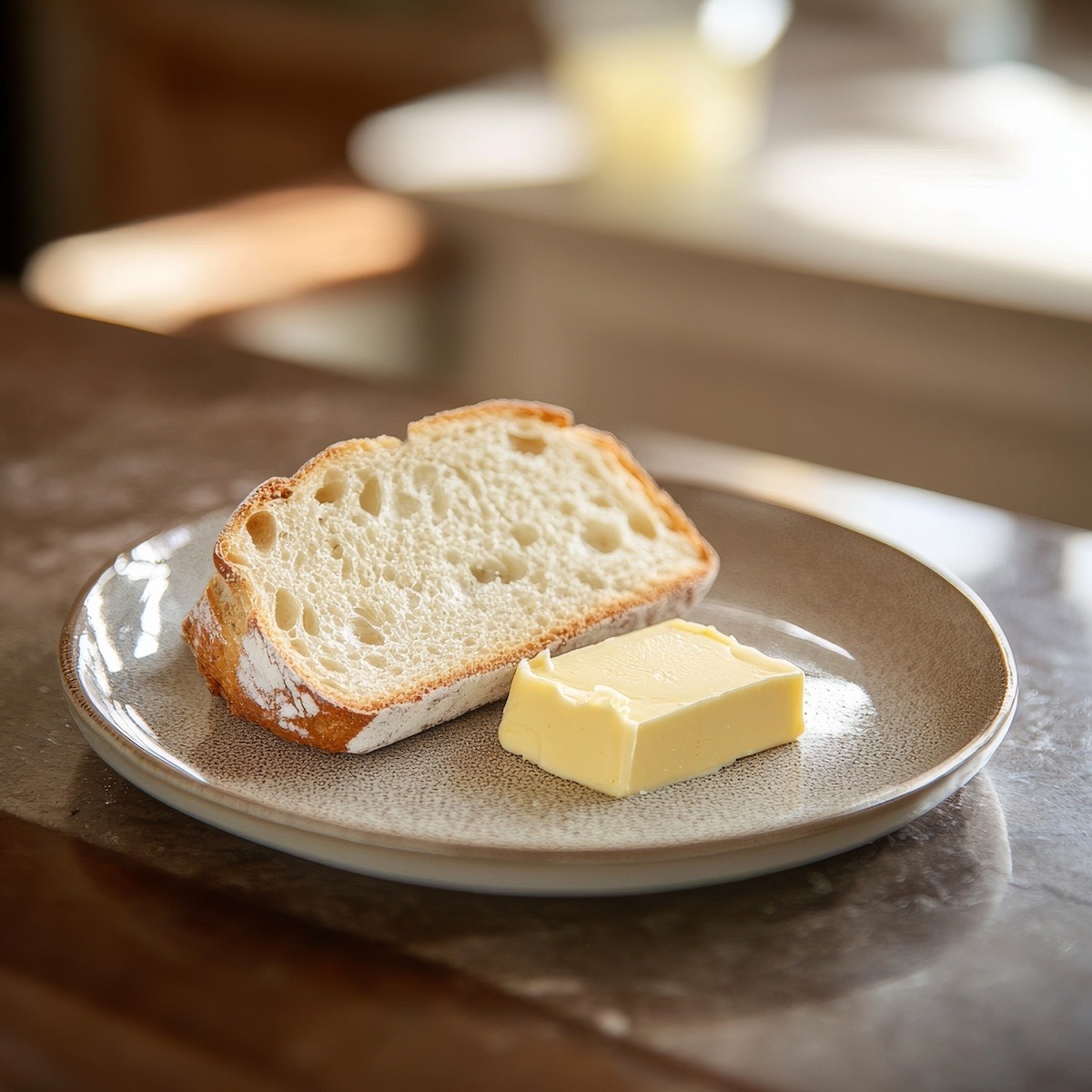
Bread and Butter
This idiom has two meanings. The first refers to your job or vocation, which comes from the thought that you can’t eat if you can’t make a living. No job means no “bread and butter” on the table.
The second meaning refers to a couple: bread and butter together, meaning they can’t be separated. This comes from the notion that it is nearly impossible to separate the two elements once butter is melted onto bread.
The expression was first used as an exclamation when two people walking side by side were momentarily separated by something coming between them. The earliest citation of this comes from The Federal Writer Project’s “Guide to Kansas,” published in 1939. In it, “bread and butter” was described as an incantation among schoolchildren in the area.
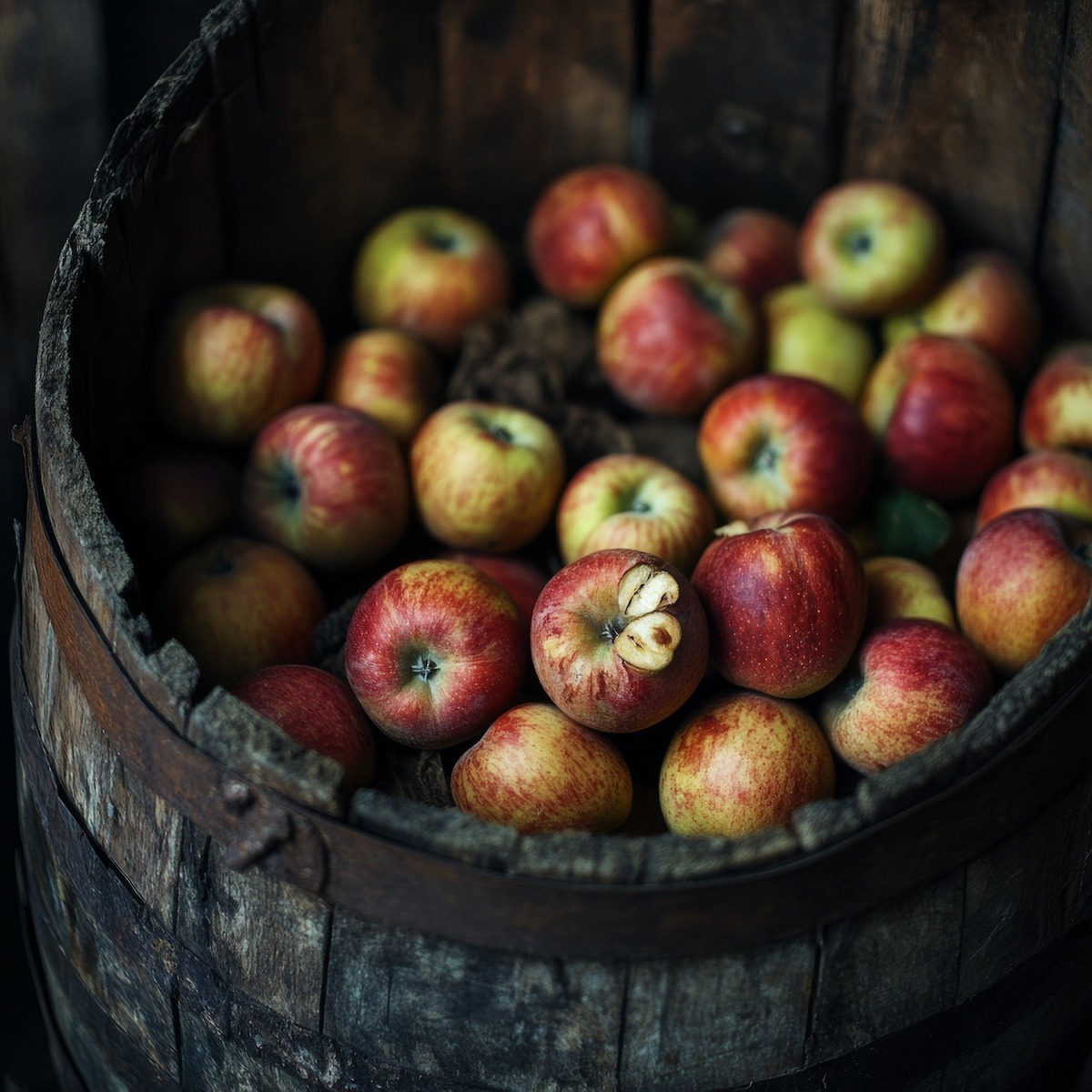
One Rotten Apple Spoils the Whole Barrel
This means that the influence of one bad person can mess up or taint the entire group. The etymology is rooted in the science that an apple produces a gas, ethylene, that ripens the fruit. When a fruit is overripe or rotten, it produces more of this gas and spoils any other fruit in the barrel.
When you store fruits together, each piece’s ethylene encourages the others around them to ripen further. It’s contagious.
Quick tip: to ripen an avocado quickly, stick it in a paper bag with an apple overnight.
It takes a single apple to start a domino effect that will ruin the others in the bunch. The same is said to be true with people. Chaucer was quoted saying that a “rotten apple ruins its neighbors.” The proverb originally was “One mouse dropping ruins the whole pot of rice,” but it evolved over time.
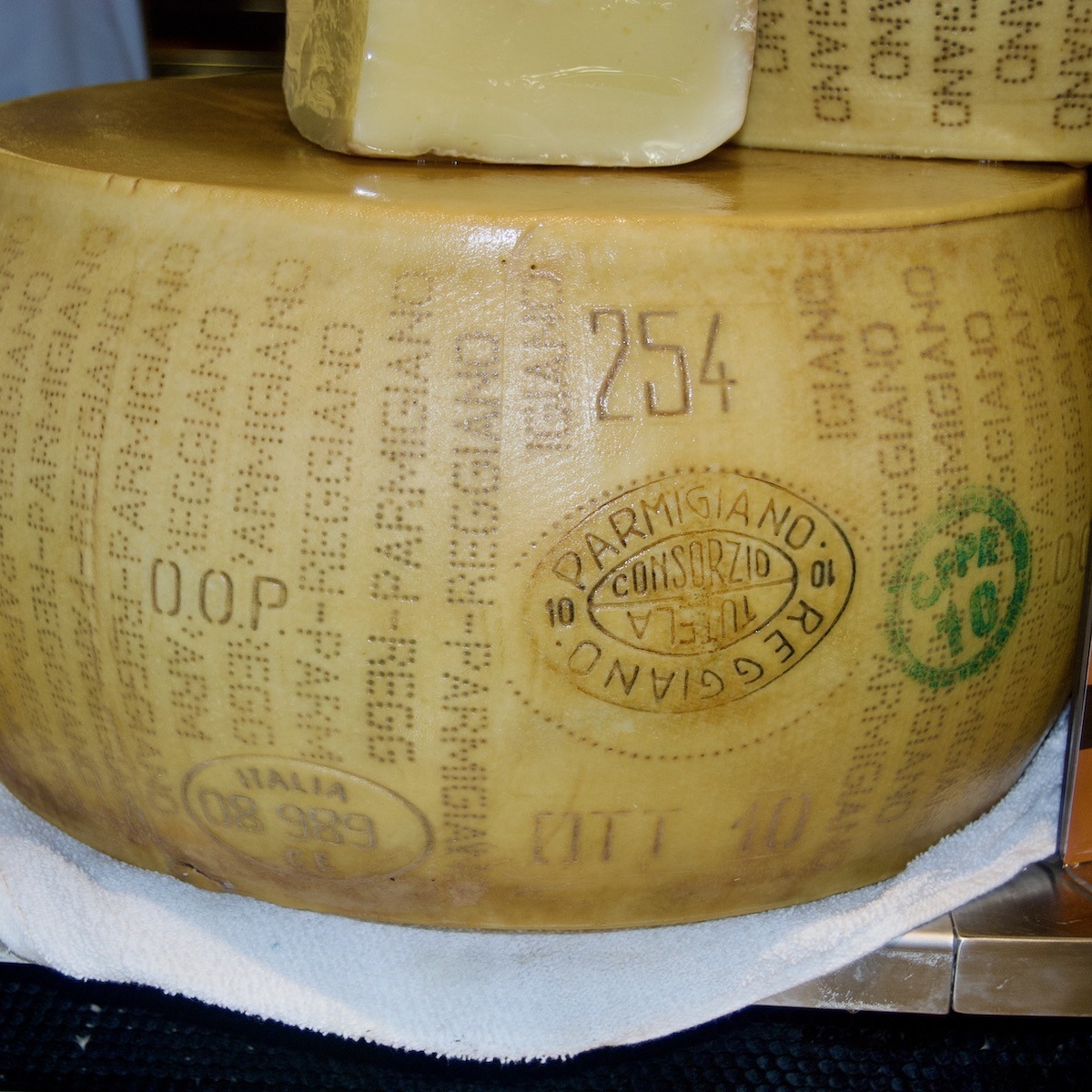
Food Expression Big Cheese
This phrase means a big deal or someone with fame and wealth. The big cheese can be the most influential or important person in a group, but it has often been used in a derogatory manner to refer to somebody self-important or vapid.
It came from England in the 19th century. The entomology is not 100% known, but some believe it has nothing to do with dairy products. The saying could have come from someone mishearing the Hindi word chiz, meaning “a thing.” British colonialists might have picked up the term in India and adopted what they believed they had heard.
There’s no shortage of expressions involving cheese. For instance, one may be cheesed off (upset, annoyed, fed up), or someone may be cheesy (inauthentic, corny). However, this particular expression specifically became a commonality with the British, who would refer to someone as “quite the cheese” or “simply the cheese.”

Sowing Your Wild Oats
Wild oats, or the “crop that one will regret sowing,” was first used in the 1560s to refer to the folly of sowing them instead of good grain. Protestant clergyman Thomas Becon is attributed to having said a variation of this phrase first.
This exact phrase was supposedly first said in 1952. The expression means to pursue a useless endeavor. Farmers have long hated wild oats because they are a useless crop and hard to separate from cultivated oats.
Also, there is a sexual connotation attached to the idiom that implies that a young man is spreading his seeds without purpose. If a man sows his wild oats, he has a period of his life when he does a lot of exciting things and engages in non-monogamous, often elicit sexual relationships.

A Piece of Cake
This is a popular expression used to describe something that is easy or a task that requires little effort. The phrase originated from the earlier expression “cakewalk,” a 19th-century African American tradition performed on plantations or get-togethers for freemen.
African American couples would walk in a procession or promenade around a cake, and the most graceful couple would win the cake as a prize. The contest was known to require a little skill, and the phrase was eventually adopted as boxing slang to connote an easily won match.
Cakewalks were later performed sardonically at minstrel shows by racist Caucasians, offensively imitating black culture.
If something is ridiculously easy, this expression would be used. For instance, “Compared to yesterday’s recipe, this fillet will be a piece of cake.” Another similar saying is “That was easy as pie,” which also connotes a task of simplicity.
The first recorded usage of the term occurred in 1936, in a piece of literature by poet Ogden Nash, who wrote in Primrose Path, “Her picture’s in the papers now, And life’s a piece of cake.”
This term also appeared in the famous song, “A Spoonful of Sugar,” from the musical Mary Poppins. When you find the fun in a particular job, as the song says, “every task you undertake becomes a piece of cake.”
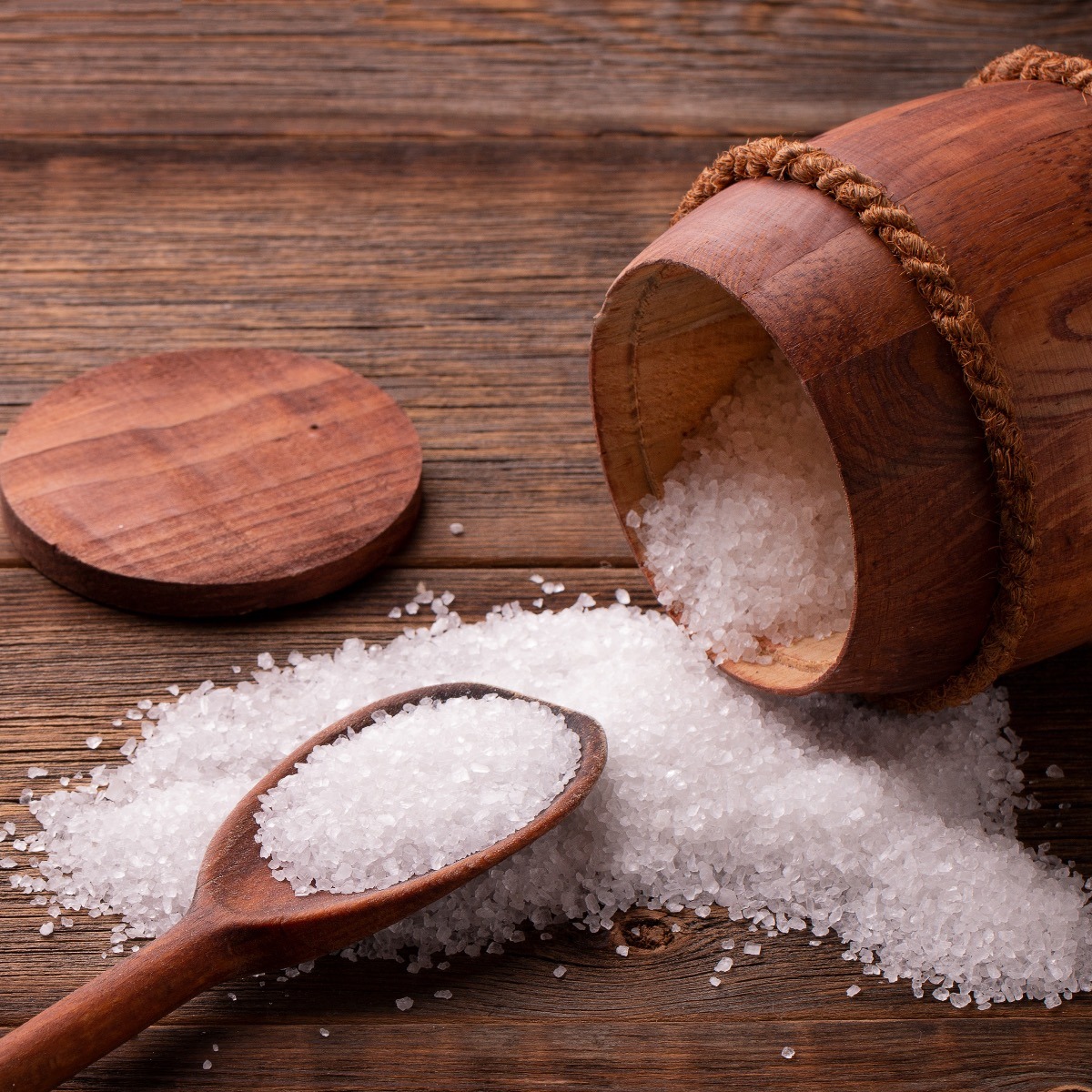
Take It With A Grain of Salt
This phrase was originally used to describe that food is more easily swallowed if taken with a pinch of salt. Pliny the Elder, the Roman philosopher, translated an antidote for poison. The translation, from 77 A.D., says the following:
Take two dried walnuts, two figs, and twenty leaves of rue; pound them all together with the addition of a grain of salt; if a person takes this mixture fasting, he will be proof against all poisons for that day.
The translation suggests that harmful or poisonous effects can be moderated by taking a grain of salt. The figurative meaning that evolved over time means that truth or the realities of life may require moderation by the proverbial application of ‘a grain of salt.’
The phrase’s modern meaning has been in English since the 17th century; for example, John Trapp’s Commentary on the Old and New Testaments in 1647 said the following: “This is to be taken with a grain of salt.” A modern-day example of the phrase could be, “Take the teenage boy’s advice with a grain of salt; he has little experience in the world.”

Don’t Cry Over Spilled Milk
This phrase essentially means what’s done is done; it is useless to get upset over something that has already occurred. Once the glass of milk has been knocked over, you had better pour yourself a new glass.
The origin of this phrase is not definite, but the most specific mention of this expression traces back to 1659 when James Howell wrote “no weeping for shed milk” in his work called Paramiography.
The phrase is also connected to European fairy folkloric tales. The belief was that fairies enjoyed drinking spilled milk, so the loss was not a complete waste.
The idiom also appeared in the 1888 book Banking Under Difficulties. In the book, a man had just been robbed of all his cash and was out of town. Despite the serious predicament, the man said, “It was no use, however, crying over spilt milk.”
Although in a difficult circumstance, the robbed man realized that there wasn’t much he could do to rectify the situation and, therefore, chose not to dwell. We are now accustomed to reminding one another “not to cry over spilt milk” when something disheartening occurs, particularly something irreversible.

Chopped Liver
The food expression “chopped liver” is often used to express feeling neglected or insignificant. However, its origins are related to food.
Chopped liver is a dish made from cooked liver that has been finely chopped and seasoned with onion and other spices. It is a traditional Jewish dish commonly served on holidays and special occasions. In Jewish cuisine, liver is considered a delicacy and is often used in various dishes.
The expression “What am I, chopped liver?” is believed to have originated in the early 20th century in the Jewish community of New York City. It was used to express feeling overlooked or disregarded in social situations. The phrase likely came about because chopped liver was often served as a side dish rather than the main course, so it was considered less necessary or desirable.
Over time, the expression became more widely used and evolved to mean feeling unimportant or undervalued. It has since been used in various contexts and has become a common phrase in American English.
The expression “chopped liver” has its roots in Jewish cuisine. It was originally used to express a feeling of being overlooked or undervalued, but over time, it evolved into a more general expression for feeling unimportant or neglected.


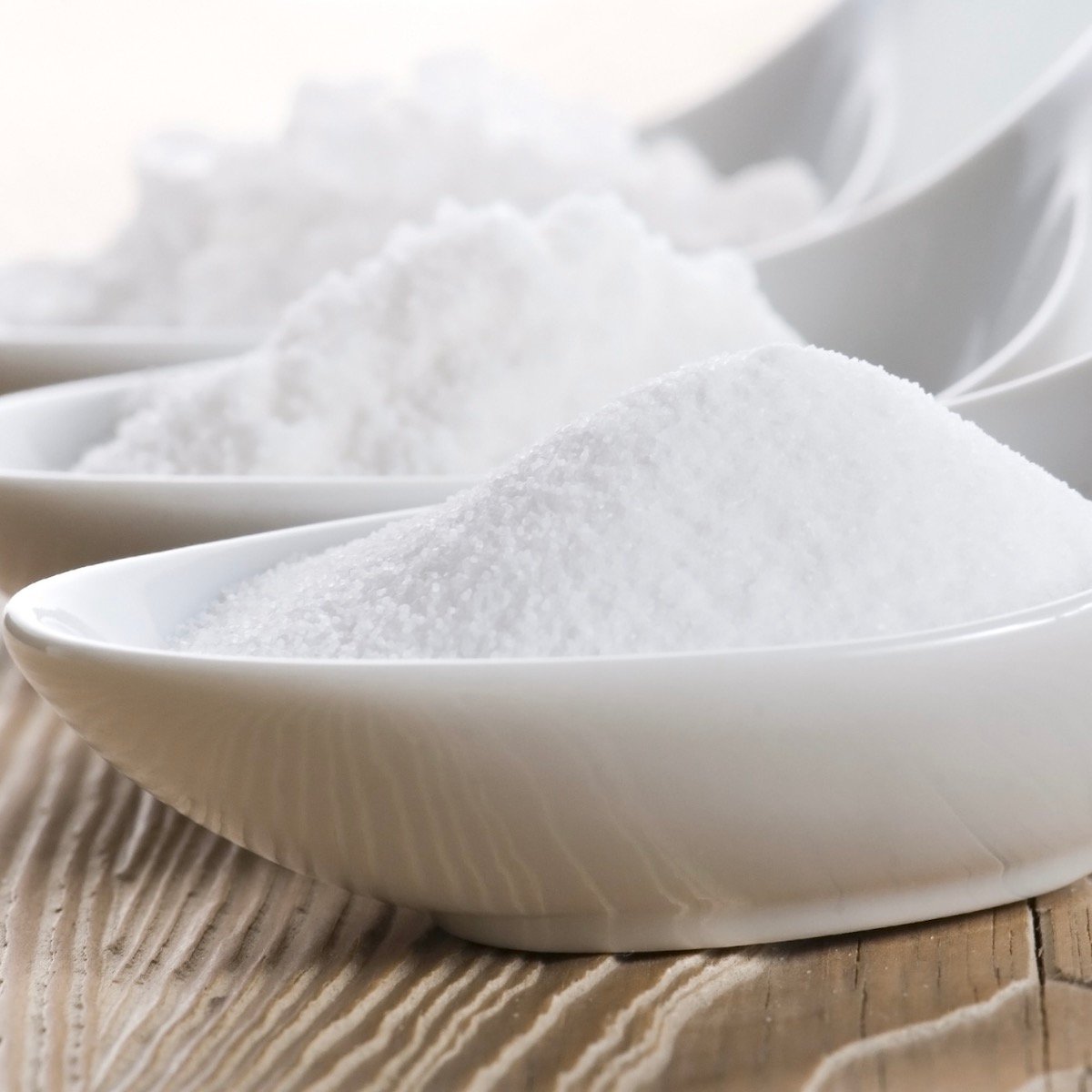

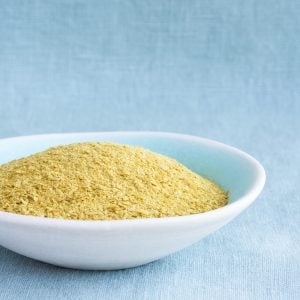









2 Responses
What about a Meat and Potato type guy? Or Chopped Liver? or Sour Grapes? Or Plain Vanilla? The list could go on…..
Yes Wendell, all great and I will work on the etymologies of them so we know where they came from. Thanks for sending these in.